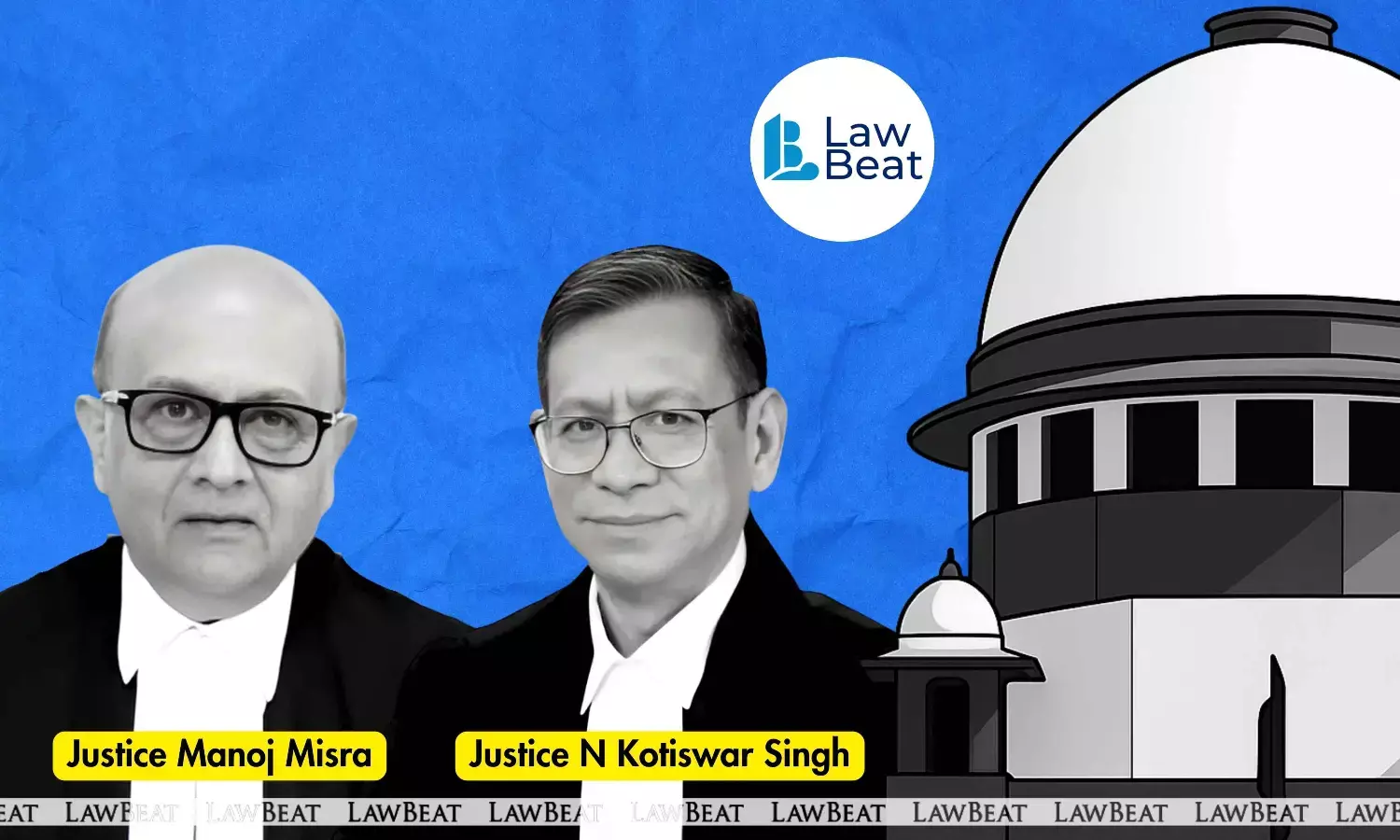SC Raps Insurer for Dodging Liability in Worker Compensation Case, Imposes ₹50,000 Cost for Frivolous Appeal

SC restored insurer’s liability in a workplace injury case, slamming the practice of filing frivolous appeals to delay compensation
While reinforcing insurer accountability under the Employees’ Compensation Act, 1923, the Supreme Court held that the entire burden of compensating an injured employee cannot be shifted solely onto the employer when an insurance contract exists. The Court clarified that both the employer and the insurer are jointly and severally liable to pay compensation for workplace injuries.
The Bench of Justices Manoj Misra and N. Kotiswar Singh set aside a Calcutta High Court order that had absolved the insurance company of direct liability, making only the employer responsible for paying compensation. The High Court had modified the award of the Commissioner for Workmen’s Compensation, which had directed both the employer and the insurer to jointly compensate the injured worker.
Reversing that decision, the Court reinstated the Commissioner’s original order, firmly stating that once an insurance contract is in force, the insurer cannot escape its obligation to indemnify the employer. “Where a contract of insurance is entered into by and between the employer and the insurer, the insurer would be liable to indemnify the employer,” the Bench held.
The Court emphasised that in the present case, there was no dispute regarding the insurer’s obligation to indemnify the employer, nor was there any clause in the policy contracting out of such liability. The Bench noted that the Calcutta High Court’s interpretation was misplaced and “of no help to the first respondent (the insurer).”
The Supreme Court also strongly criticised the “routine and unnecessary practice” of insurance companies filing appeals on technical grounds to delay compensation payouts, observing that such conduct defeated the purpose of social welfare legislation.
“Before parting, we must express our anguish at the practice of Insurance Companies unnecessarily filing appeals by raising technical pleas, more so when they do not deny their ultimate liability under the contract of insurance,” the Court said.
It noted that because of the insurer’s unjustified appeal, the injured employee’s compensation was delayed, and accordingly imposed Rs. 50,000 as costs on the insurer.
The Court also took exception to the High Court’s “hyper-technical approach,” observing that it overlooked the spirit of Section 19 of the Employees’ Compensation Act, 1923 and acted to the disadvantage of the injured worker.
Concluding the matter, the Supreme Court allowed the appeal, reinstating the Commissioner’s order and directing that compensation be paid jointly and severally by the employer and the insurer.
Case Title: Alok Kumar Ghosh v. The New India Assurance Company Ltd. & Anr.
Order Date: October 9, 2025
Bench: Justices Manoj Misra and NK Singh
